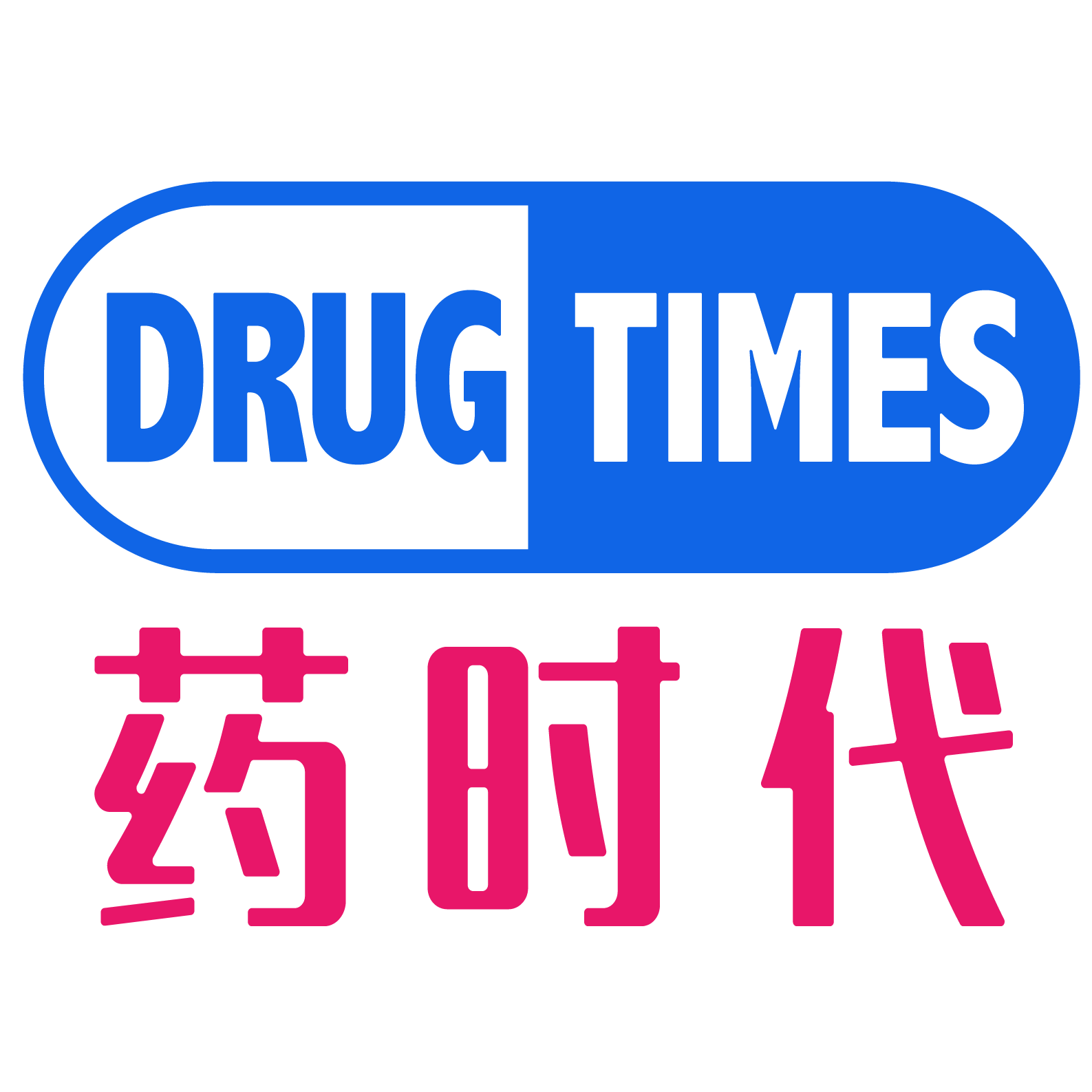
On August 1, 2025, local time, Allogene Therapeutics (hereinafter referred to as “Allogene”) announced that a patient death had occurred in the ALPHA3 study of its investigational CD19 universal CAR-T therapy, cemacabtagene ansegedleucel (cema-cel)!
Allogene is a pioneer in the field of universal CAR-T therapies. Founded in 2017 and headquartered in South San Francisco, California, USA, the company has established multiple universal CAR-T pipelines through its core technology platform, AIIOCAR T™. Cema-cel is the most advanced candidate in its pipeline and has already reached Phase II clinical trials.
The trial in which the patient death occurred is Allogene’s ongoing Phase II ALPHA3 study. Allogene stated in its announcement that the death was unrelated to cema-cel and was primarily caused by ALLO-647, a component of the lymphodepletion regimen CFA (cyclophosphamide + ALLO-647). Specifically, this severe adverse event occurred on day 54 after infusion and resulted in death due to liver failure, which was speculated to be caused by disseminated adenovirus infection in an immunosuppressed state.
In response, Allogene has now completely halted the study arm involving ALLO-647. After consulting with the FDA, the Data and Safety Monitoring Board (DSMB), and the steering committee, the company plans to revert to the standard lymphodepletion regimen, cyclophosphamide + fludarabine (FC). The clinical trial will also be modified into a conventional two-arm study. The trial design is as follows: each arm (FC treatment group vs. observation group) will enroll 110 patients with large B-cell lymphoma (LBCL) who have achieved complete response (CR) or partial response (PR) after first-line (1L) treatment but still have minimal residual disease (MRD). The primary endpoint of the study is “event-free survival (EFS) as assessed by a blinded independent review committee (IRC).”
Currently, according to Allogene’s disclosure, the futility analysis for this study is expected to be released in the first half of 2026. Regarding this patient death case, Dr. David Chang, President, CEO, and Co-Founder of Allogene, stated: “This event prompted us to review the trial data ahead of schedule and make a decisive decision—one that may ultimately help this potentially life-saving therapy reach patients faster. By adopting the standard FC lymphodepletion regimen, the use of cema-cel in an outpatient setting will simplify the study process, potentially accelerate trial enrollment, and optimize the regulatory review pathway, thereby bringing a transformative treatment paradigm to patients.”
Following the patient death, Allogene’s strategic shift to replace the ALPHA3 trial’s lymphodepletion regimen with the standard FC regimen marks a significant adjustment in the company’s clinical strategy. Moving forward, ALLO-647 will no longer be used in any open-enrollment trials or pipeline projects. Instead, the company is advancing next-generation AlloCAR T candidates through its proprietary Dagger® platform technology, which aims to reduce or even potentially eliminate the need for traditional lymphodepletion regimens. This strategy has already been applied to the ALLO-316 TRAVERSE trial for advanced renal cell carcinoma and the ALLO-329 RESOLUTION trial for autoimmune diseases, both of which leverage the Dagger® technology to minimize reliance on conventional lymphodepletion regimens.
发布者:sima,转载请首先联系contact@drugtimes.cn获得授权

 为好文打赏 支持药时代 共创新未来!
为好文打赏 支持药时代 共创新未来! 